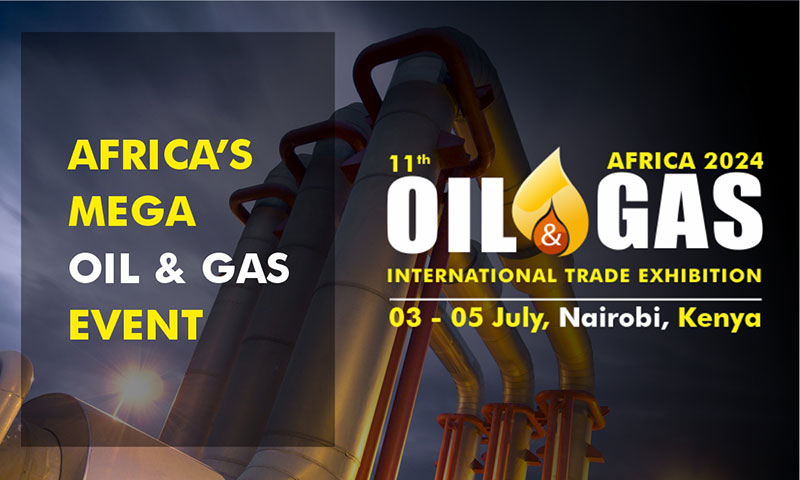

New Petroleum Producers Survey Policy Options In Wake Of Oil Price Slump
Posted on :Thursday , 9th July 2015
Countries seeking to develop newly-discovered petroleum resources are facing a fall in global oil prices, with competition from the ‘shale gas revolution’ in the United States, as well as renewable energy sources.
At a New Petroleum Producers Discussion Group in Tanzania, organised by Chatham House and co-sponsored by the Commonwealth Secretariat, authorities from more than 20 countries met this week to find solutions to these and other shared challenges.
The four-day forum from 30 June to 2 July, at which a set of Guidelines on Good Governance for Emerging Oil and Gas Producers was released, was attended by government ministries and national oil companies from Belize, Guyana, Kenya, Mauritius, Mozambique, Jamaica, Seychelles, Trinidad and Tobago, Tanzania, and Uganda, among other nations.
“In the midst of the oil crisis there is less capital available for investment,” commented Michael Mwanda, Chairman of the Tanzania Petroleum Development Corporation, which hosted the meeting in Dar es Salaam. “Some projects which were pegged on a high oil price are now becoming uneconomic and difficult to operate.
“We need to learn from each other and share experiences on how to reduce costs, operate efficiently and become more competitive,” Mr Mwanda said.
Addressing the forum, Ekpen Omonbude, Natural Resources Adviser at the Commonwealth Secretariat, remarked: “This price decline has necessitated a critical look at strategies to manage petroleum resources, from development programmes to responsible wealth management, to ensure benefits for future generations.”
Dr Omonbude stressed that while the slump in the price of oil – from over US$100 a barrel in 2014 to around US$60 today – presents immediate challenges, these can be mitigated through the adoption of flexible fiscal regimes, increased economic diversification, the development of good governance regimes and revenue transparency.
“Our mission is clear – to help position our member countries to realise the potential of their resource wealth as a driver of sustainable development and economic prosperity,” the Commonwealth representative said.
The New Petroleum Producers Discussion Group was established in 2012 to help countries think critically about policy options available either during the first steps of exploration and development or when restructuring governance arrangements. Options include setting up regulatory institutions and drafting regulations and laws that encourage investment, while balancing the needs of society and environmental protections.
This week marked the first time the discussion group has met outside London and included a final-day national seminar for representatives of Tanzania’s oil and gas sector. Co-sponsors of the initiative include the Natural Resource Governance Institute and the Africa Governance Initiative.
The Guidelines for Good Governance in Emerging Oil and Gas Producers, a synthesis of proposals put forward at each discussion group, seek to guide national authorities to pursue policies which follow good practices, but which also respond to national contexts.
Dr Valérie Marcel, Associate Fellow at Chatham House, principal author of the guidelines, said: “The emergence of shale oil and new renewable technologies offer opportunities and challenges. How the emerging producer is affected and will respond is what we have been debating. One of the main issues is how to adjust to a low price environment, asking what impact is this going to have on licensing terms and the ambitions of national oil companies.”
She added: “Emerging producers are thirsty to learn from their peers about what has worked elsewhere and what advice to give. More established producers want to know whether they are doing things right and what pitfalls they should avoid. This is a really important learning process.”
During the forum, participants exchanged experiences on how to attract investment while preserving long-term national interests, managing expenditure plans as well as ways to guard against abuses and fraud in contracts and licensing. Training sessions focused on involving local suppliers in supply chains, the design of fiscal systems and new information tools.
Eddy Belle, Chief Executive of PetroSeychelles, the national oil company of Seychelles, said: “[Petroleum] is a very dynamic business – there is new technology coming in and new ways of doing things. What Chatham House is doing with the help of the Commonwealth Secretariat is getting people together so you have the chance to learn from the mistakes as well as the successes of others.”
Bashir Hangi, Communications Officer for Uganda’s Petroleum Exploration and Production Department, commented: “Such a forum helps us a lot as emerging producers. We peer review ourselves, and our people go home with a lot of advice. One piece of advice I would share is that you cannot ignore your stakeholders – civil society, academia and communities where there are operations. They should not be taken for granted; they should be brought on board and be involved in the management of the resource.”
Anthony Paul, Managing Director of the Association of Caribbean Energy Specialists, said: “Oil and gas resources give opportunities to deepen industrialisaton, providing power and access to better lighting, heating and cooking facilities as well as petrochemicals and fertilisers. There are also benefits from developing the services industry. What strikes me most is that all countries want the same thing: they want the resource to benefit their citizens.”
Please Select an Option
-
Exhibiting
-
Visiting
-
Information

Expogroup
Expogroup is a full service exhibition organiser with over 28 Years experience in International trade exhibitions. Our current portfolio includes 28 annual exhibitions from a diverse range of industries being held across the Middle East & Africa.
EXPOGROUP © 2025 | Privacy policy
